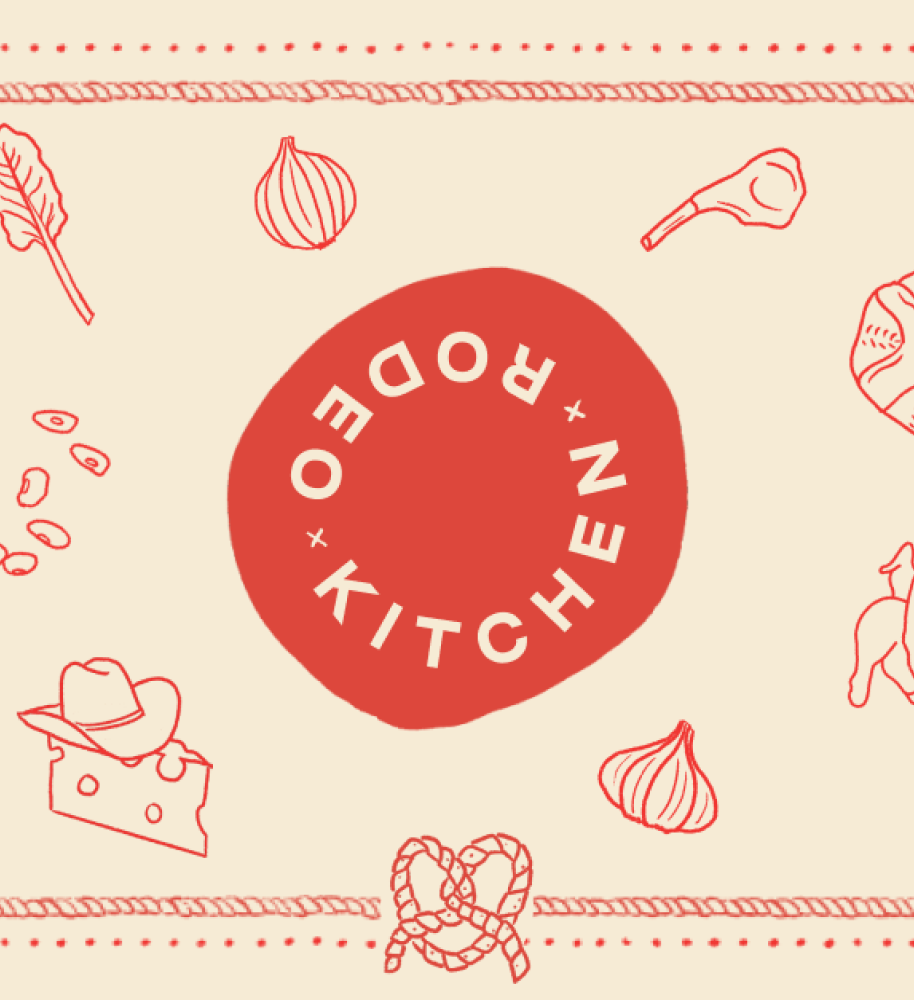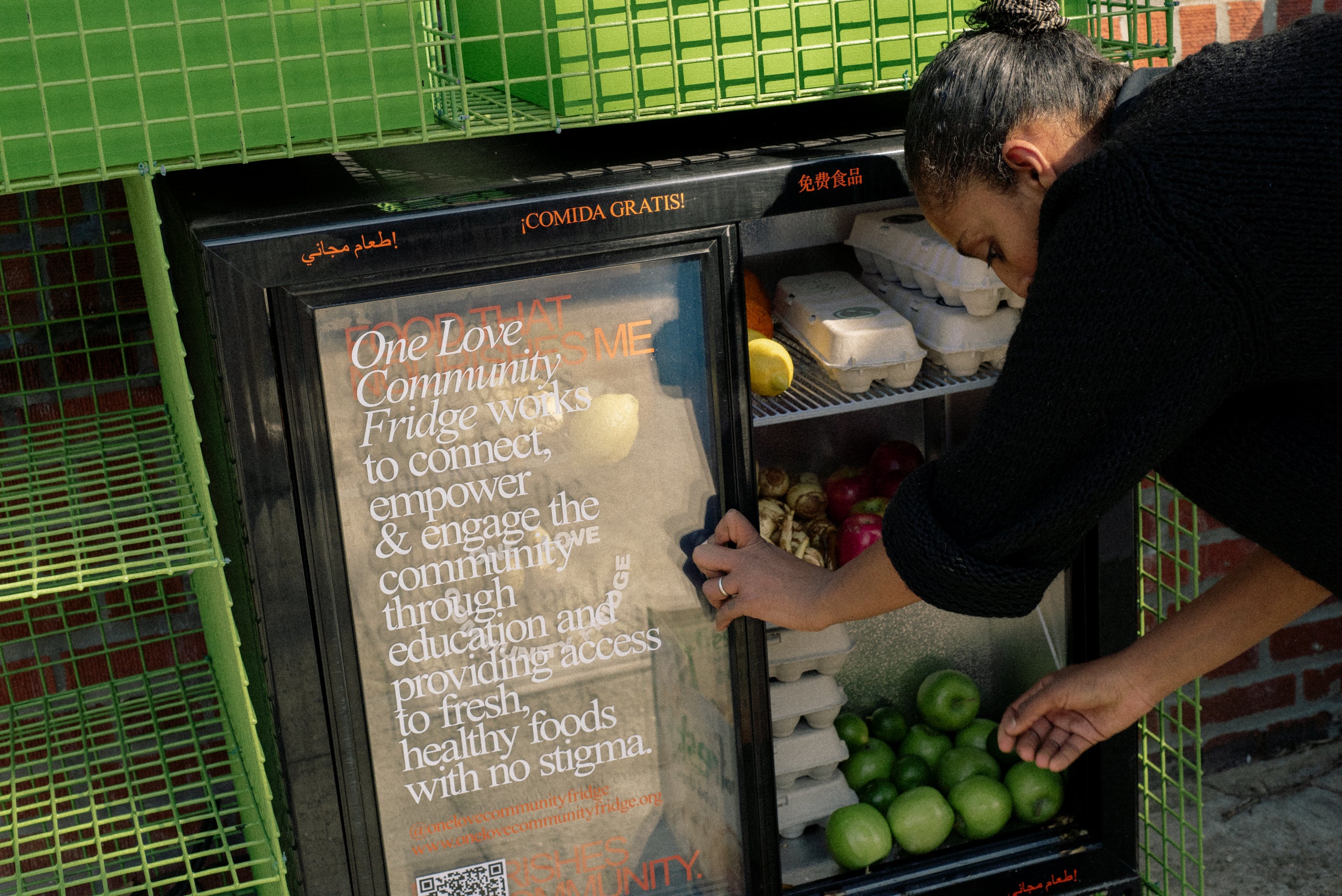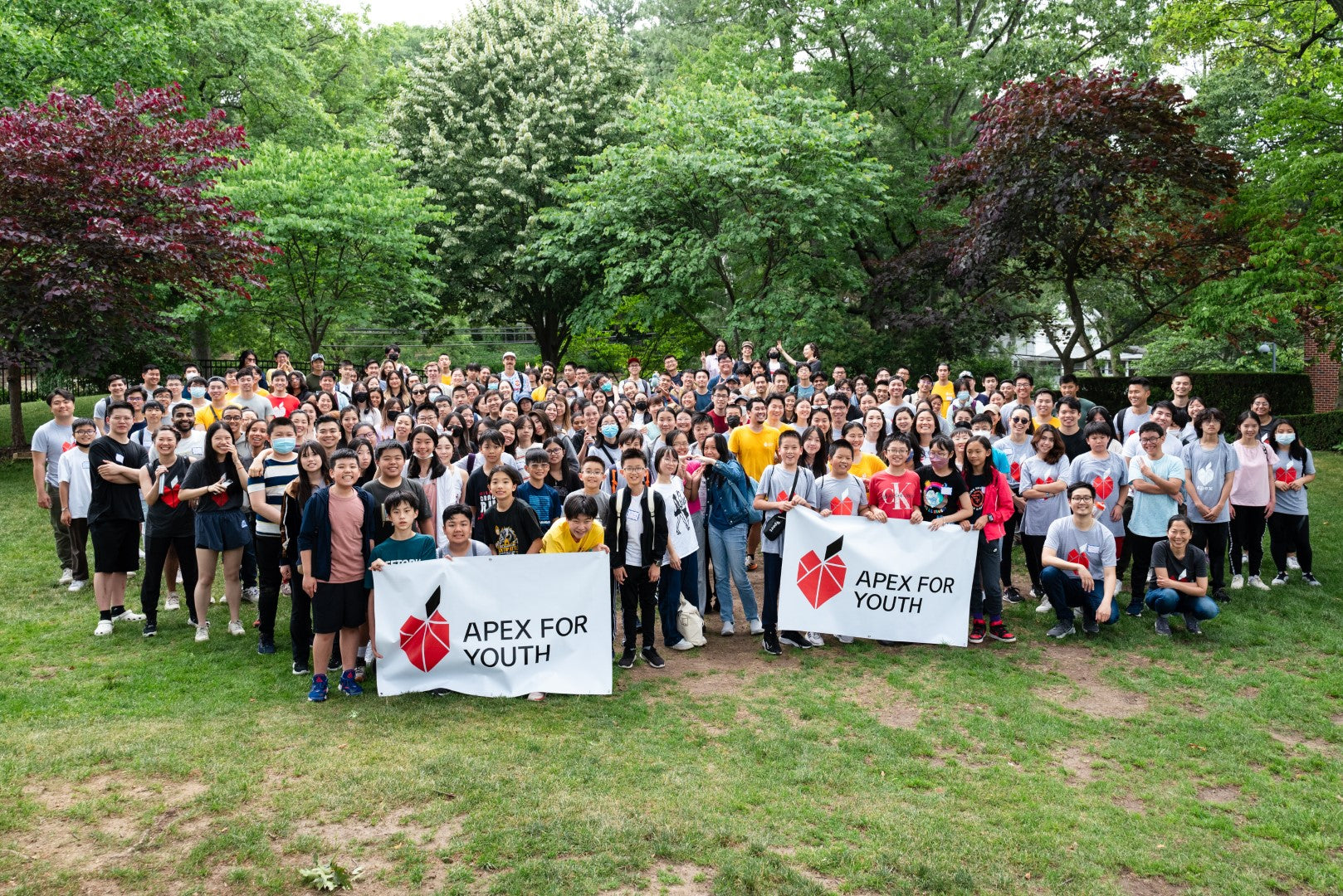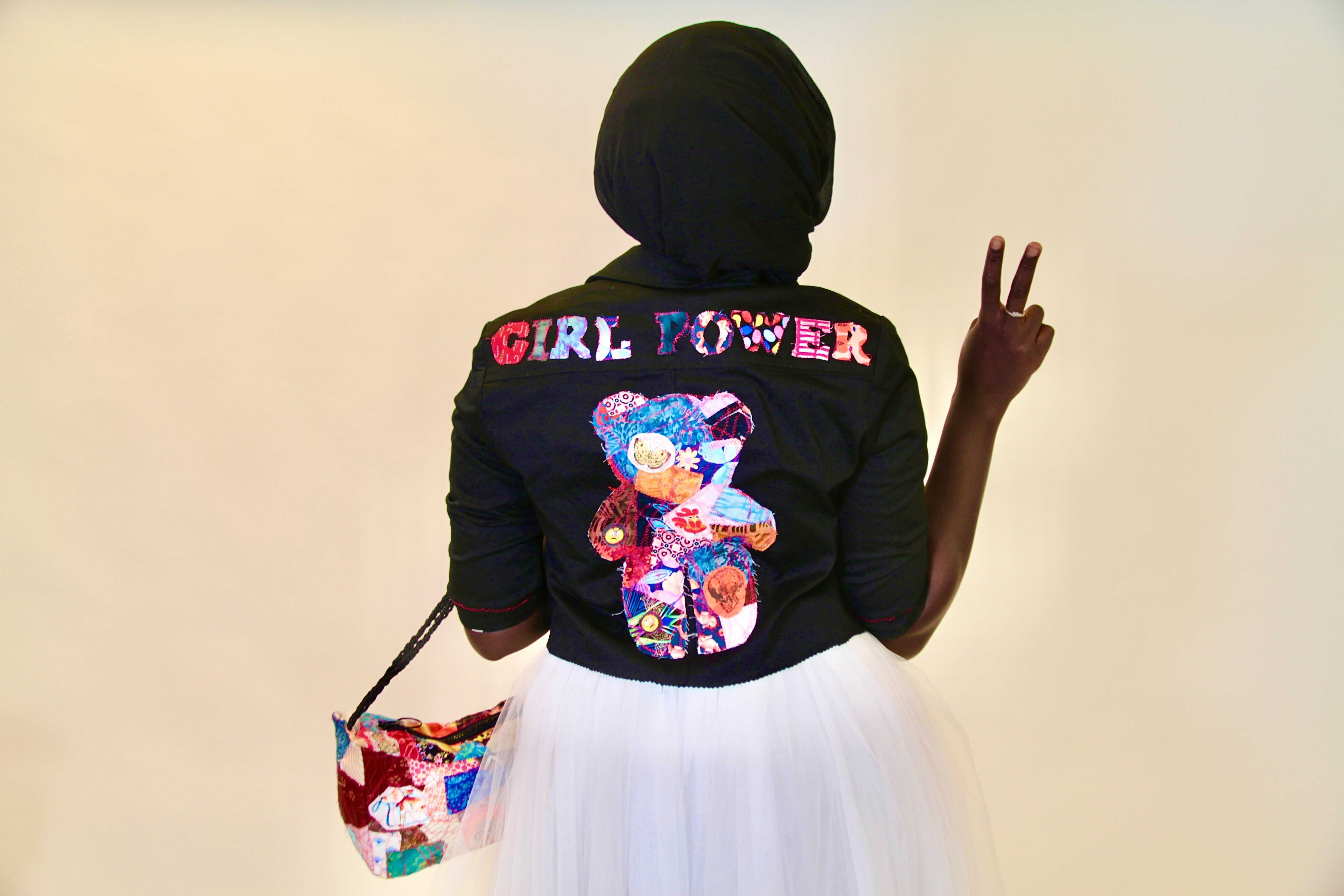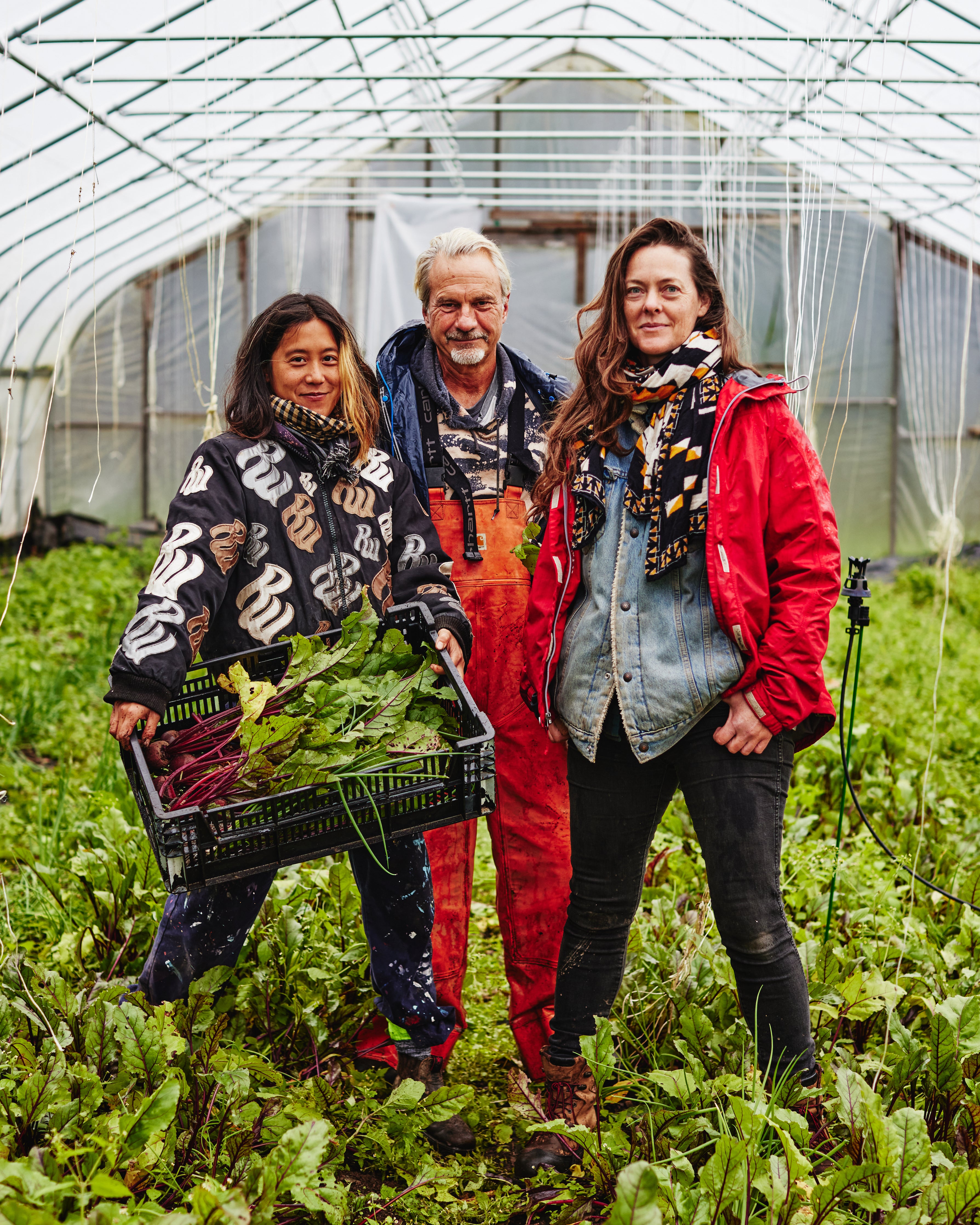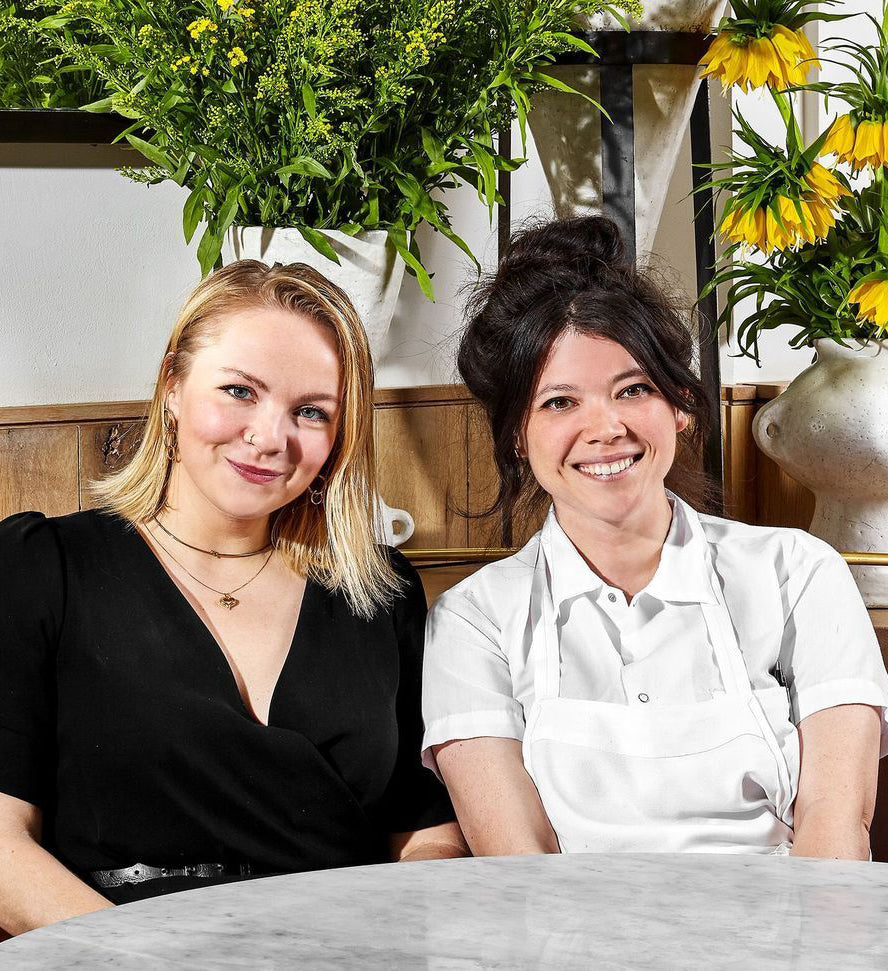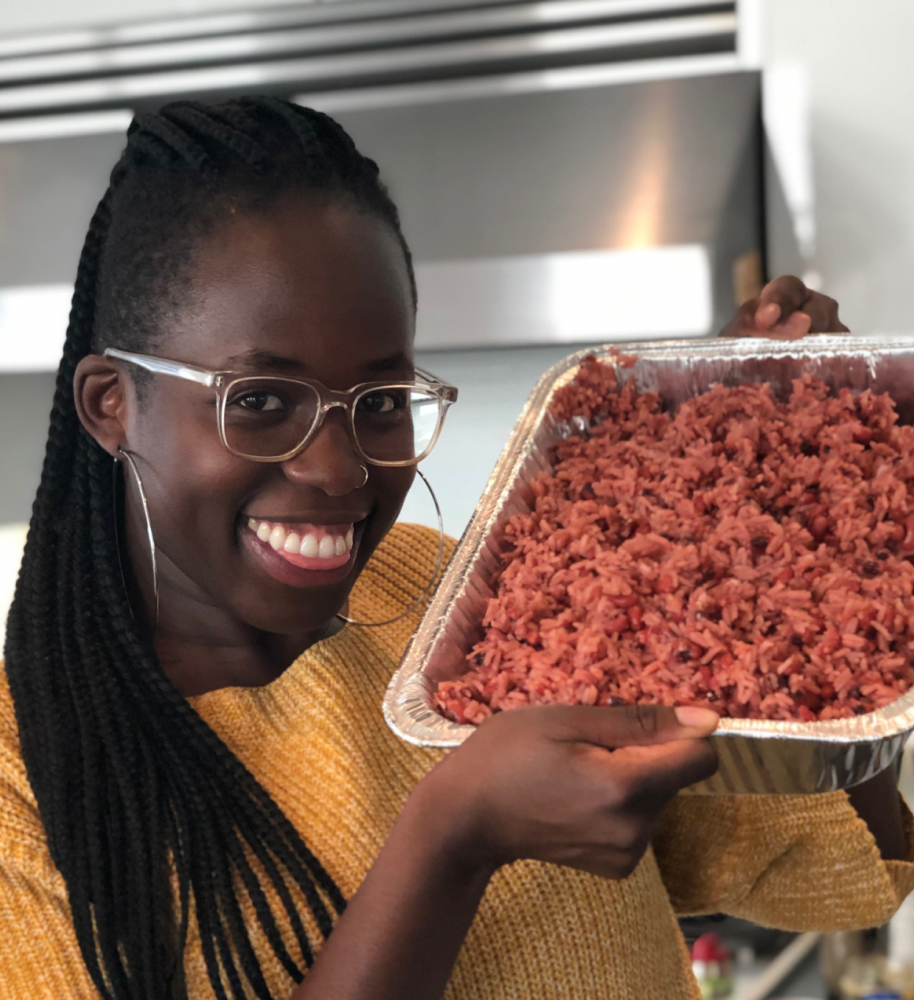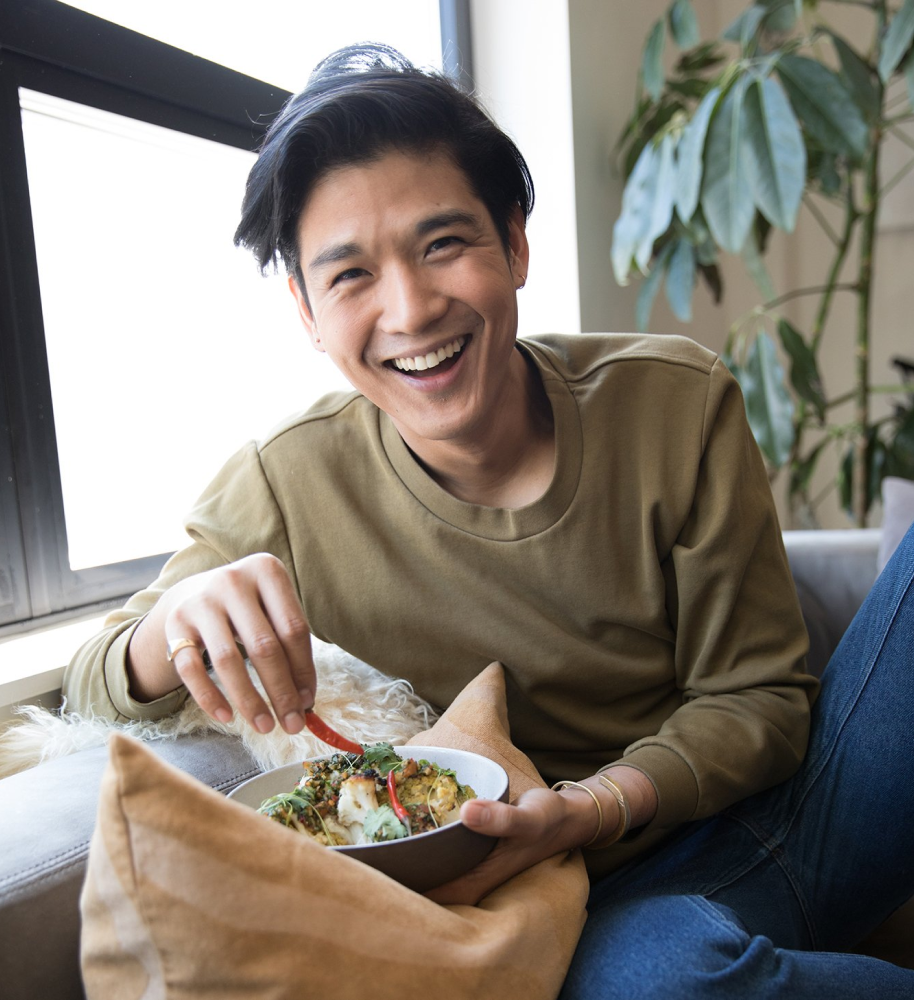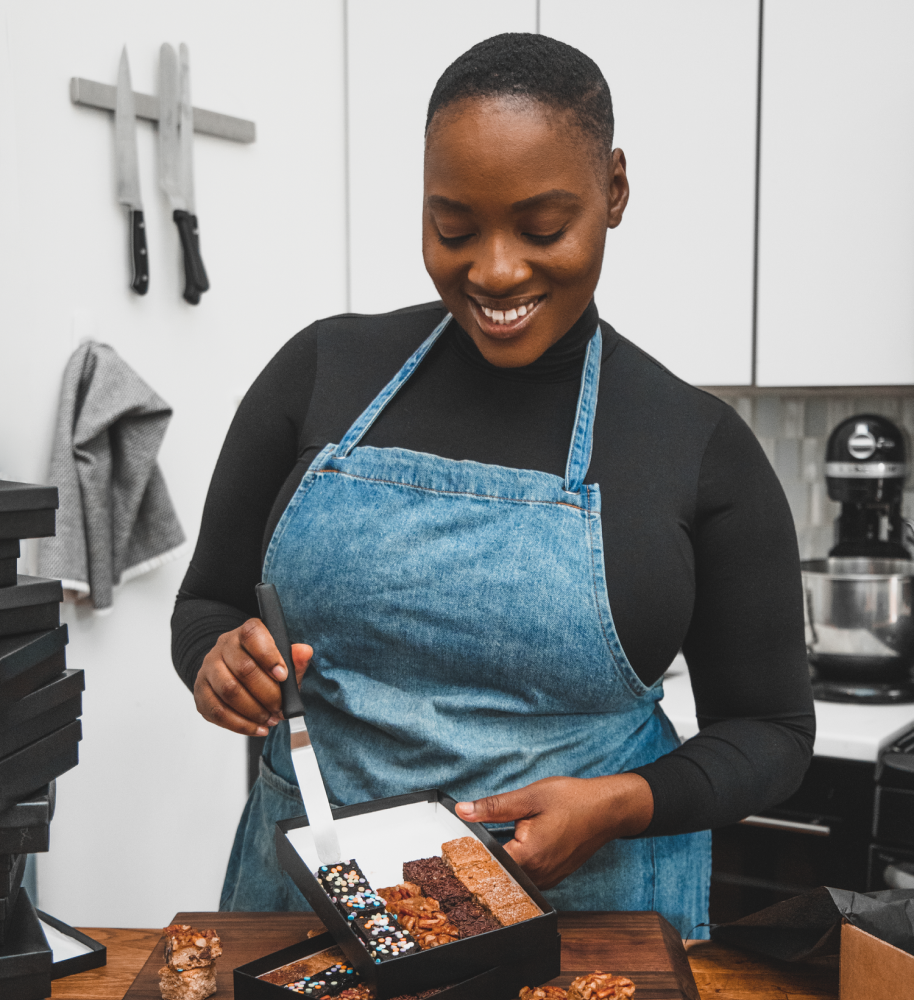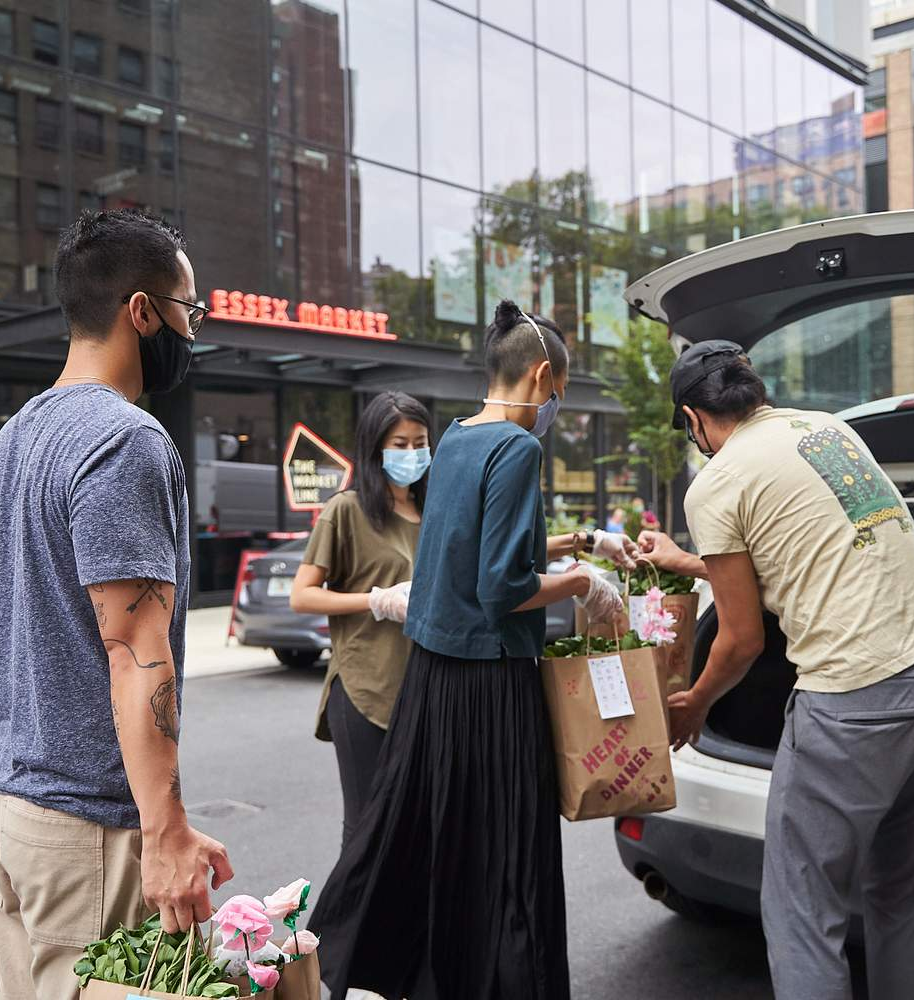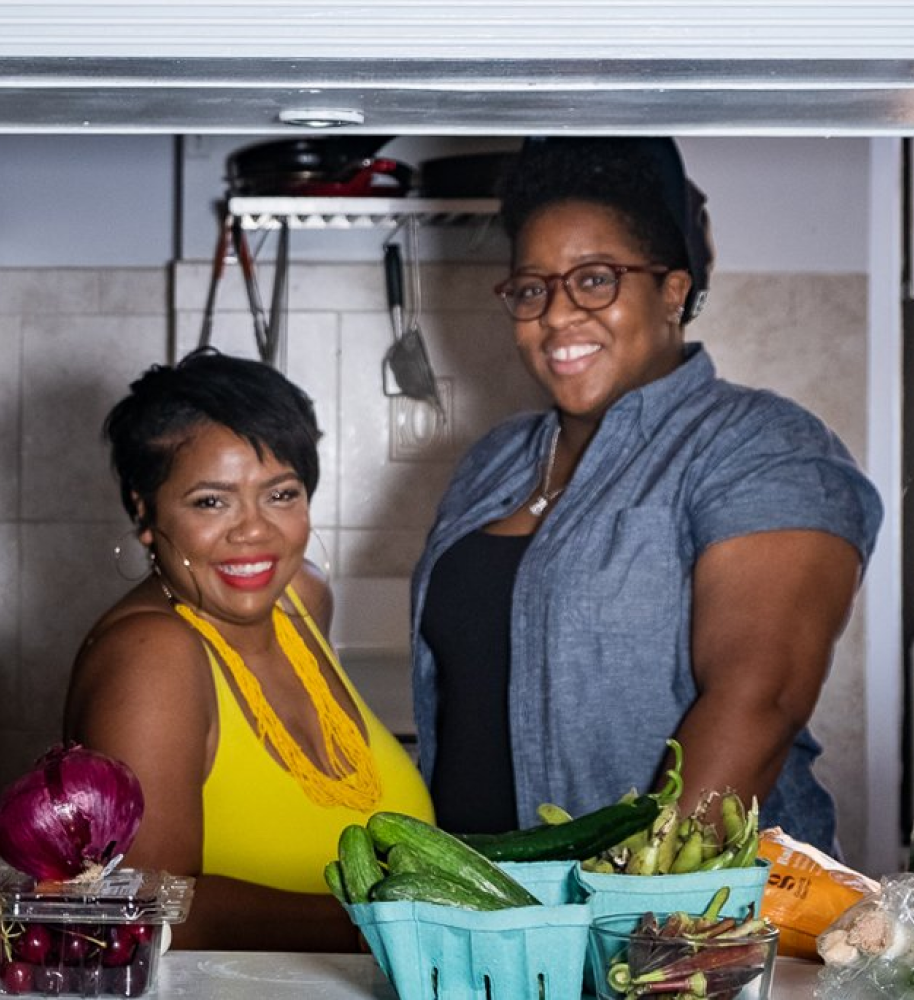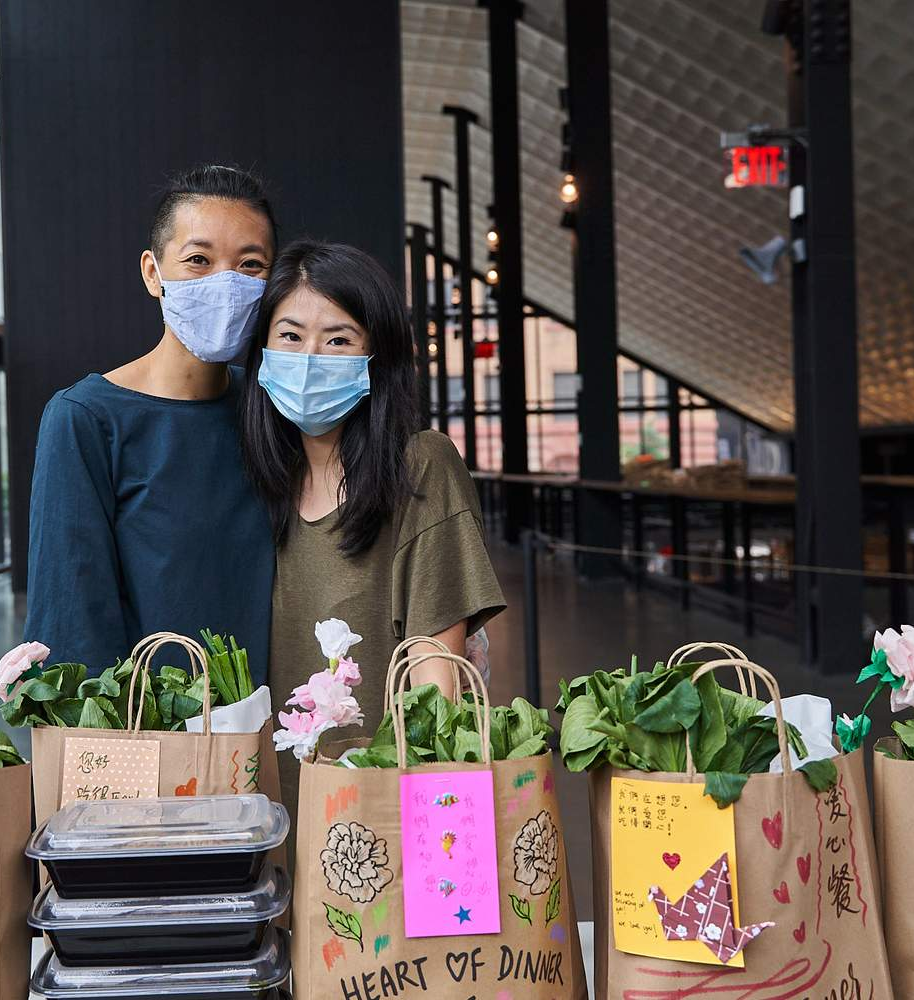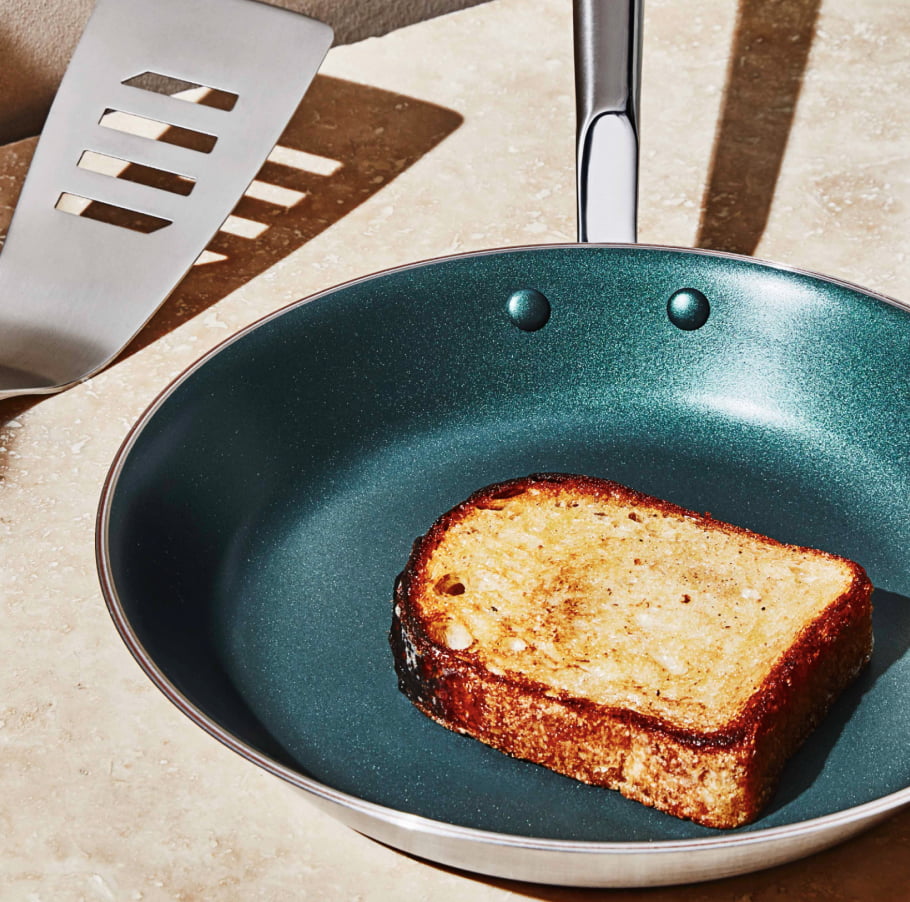Throughout the pandemic, our spirits have regularly been lifted by all the ways those in the community have used food to uplift others, support worthy causes, and build community.
An organization doing all of that to the fullest is Kitchen Rodeo, which Frank Harris launched in March after his dreams of attending culinary school for bread baking were put on hold by the spread of the coronavirus. Since March, Frank and his team have raised over $100,000 by hosting 52 “rodeos”, where chefs and bakers teach participants how to prepare a dish or hone a technique over Zoom, with plenty of hands-on—er, hands-far-away—guidance. We spoke to Frank about how he’s growing Kitchen Rodeo, the community it has created, and what he’s learned from the experience.
Our First Rodeo
Like so many things, Kitchen Rodeo started as a bit of an accident. At the beginning of March I quit my job in tech to go to culinary school—I was going to study bread baking at ICC— and then the pandemic hit, and classes were cancelled.
During the beginning of quarantine, I was spending a lot of time baking, learning about different types of bread, and posting the results on Instagram. My friends were very supportive, and I wondered, if I wasn't going to be able to go to school, could I teach a class? I posted on Instagram that I was going to teach a class on focaccia one Friday night, and if anyone wanted to come, they could go to this link and donate some money to City Harvest and I’d send them a Zoom link. And then all of a sudden we had 40 people sign up, and we raised $4000 for that one class.
The focaccia lasted 21 hours. We’d make the preferment, and I’d show how to do it and then say, “okay, put this in a non-drafty location and we’ll reconnect at 9 tomorrow morning.” It was wild and it was fun, partially because I think we were all craving community at that point. Things were just so uncertain. And it was so warm and lovely, it was this beautiful thing. At the end everyone was showing off their loaves. And a couple days later, I was talking to some friends who asked me, “are you gonna do that again?”
The first five or so classes I taught myself, and then we started reaching out to chefs because there was this abundance of wonderful, very talented chefs out there who were unfortunately not very busy. And at the same time, there had never been a time when so many people were cooking at home.

It was wild and it was fun, partially because I think we were all craving community at that point. Things were just so uncertain.

Calling in the Professionals
The first chef we worked with was Jay Wolman, who works at Lalou in Prospect Heights. He’s like the quintessential Brooklyn chef: he worked at Hart’s, Diner, King in Manhattan. I met him through a former coworker of mine, and I remember I got on the call with him, and I had this whole speech prepared, but immediately he was just like “yeah, that sounds great.” And then he started introducing us to other people. It was the easiest sell in the world. We also got connected to ROAR around that time, which is a restaurant relief fund, which continued to open up doors and introduce us to chefs.
Learning from chefs in this environment is just really special. One of the classes Jay taught was how to break down a chicken. I had watched my share of Youtube videos on the topic, but there's nothing like talking to someone who is used to doing it 40 times a night. That intimacy, along with the cook-along nature, it really makes the experience. And people are asking questions throughout.
To call them rules is a bit much, but we have two guidelines. The first one is, don’t stress; you're in the most capable hands in the world. Number two is, ask questions. We don’t tell people they have to be on mute, we ask them to be respectful. And we switch over them when they ask a question, so you can have that one on one connection with the chef and say, “hey chef, is this sauce thick enough?” or whatever it might be. I've taken a ton of cooking classes at cooking schools, and you sometimes don't get that there.
We say we raise money for “wonderful causes” rather than “charities,” because a lot of it doesn't go to a charity—it might go to a fund for undocumented workers, or an employee fund. And the chef that is hosting gets to choose where the money goes.
Doing Good
All our classes are donation based. Our goal was to raise $100,000, and we met that in July. We say we raise money for “wonderful causes” rather than “charities,” because a lot of it doesn't go to a charity—it might go to a fund for undocumented workers, or an employee fund. And the chef that is hosting gets to choose where the money goes.
We try to stay aware of other things that are happening around us. One of the most successful things we did was that in June and July, we launched a rodeo series called Cooking For Equity. In solidarity with the Black Lives Matter movement, we got some of the best Asian chefs to teach classes that would raise money for Fair Fight, the anti-voter suppression organization founded by Stacey Abrams. It was really a way for us to combine our work with the issues that were on so many people’s minds this summer, and motivate people with cooking and community.
Now, we’re taking some time off—it's hot, people don't want to sit in front of their ovens, and people are a little more busy. We took a pause in August to do outreach to chefs as well as people who have taken the classes as far as understanding what's the best way for us to go forward. Our next class will be September 13th, and we’re trying to figure out what our cadence looks like. We’re trying to figure out how we can best support restaurants and the culture they provide for us.

We ran a Cooking For Equity series... to raise money for Fair Fight, the anti-voter suppression organization founded by Stacey Abrams. It was really a way for us to combine our work with the issues that were on so many people’s minds this summer.


Left: Behind the scenes of Cooking for Equity #003. Photo credit: @hongthaimee; right: Cooking For Equity #008. Photo credit: @dubngo
To Join
- Sign up at Kitchen Rodeo
- Enter our giveaway with @baggu and @kitchen.rodeo (open until Thurs 9/3 at 11:59 p.m. ET)!
